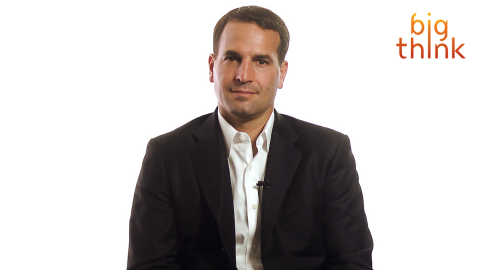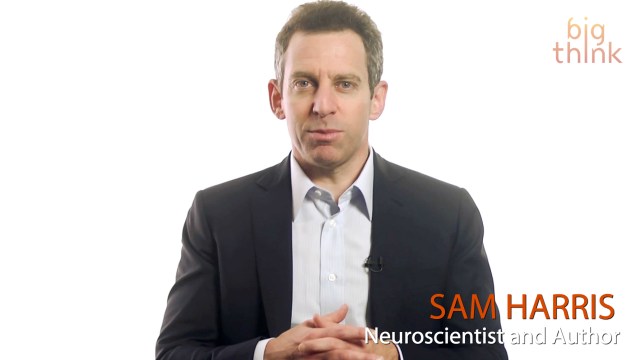Wences Casares: How Should We Regulate Bitcoin?

Wences Casares, founder and CEO of Bitcoin vault Xapo, returns to Big Think in today’s featured video interview. He calls Bitcoin “maybe the most important social experiment going on right now” and heralds the cryptocurrency as a potential replacement for the gold standard. Check out the clip below for his take on how Bitcoin should be regulated:
"Technologically it’s not an experiment, it is robust and it works. But because at the social level it’s an experiment there’s still a chance that it fails. And therefore it’s risky and nobody should invest in Bitcoin in an amount of money that they cannot afford to lose because of that risk. But there’s also a chance that it works out well and if it works out well it may be the first thing in 5,000 years that finally replaces the gold standard which has been the standard for quite a very long time. And it becomes a new meta currency that sits atop all currencies."
Casares explains that he doesn't believe any sort of cryptocurrency should ever supplant national and local currencies. People need to draw their salaries in dollars, euros, pounds, etc. National and regional monetary policies require state currencies. But the world's consumers should have a choice, particularly when buying on the internet or internationally. That's where Bitcoin comes in.
As far as regulation goes, Casares compares Bitcoin to gold. Gold is decentralized. Its supply is determined by nature, not by a government or corporation. Bitcoin can be the same way:
"I think that we need to regulate Bitcoin to have basic consumer protections, to prevent criminal activity on it, to prevent money laundering. But I think doing so is not hard and I think doing so is doable with the regulations that we already have in place to account for cash. Cash is very anonymous and we have regulations in place to manage the anonymity of cash."
At the same time, regulators shouldn't operate from a position of fear when they decide how to oversee cryptocurrencies:
"What we are seeing right now is because a lot of the regulators are still getting their arms around bitcoin, the first reaction is a scared reaction that tends to overregulating which that wouldn’t be good for the regulators, wouldn’t be good for the industry but I think we will get there and it’s not so complicated."





